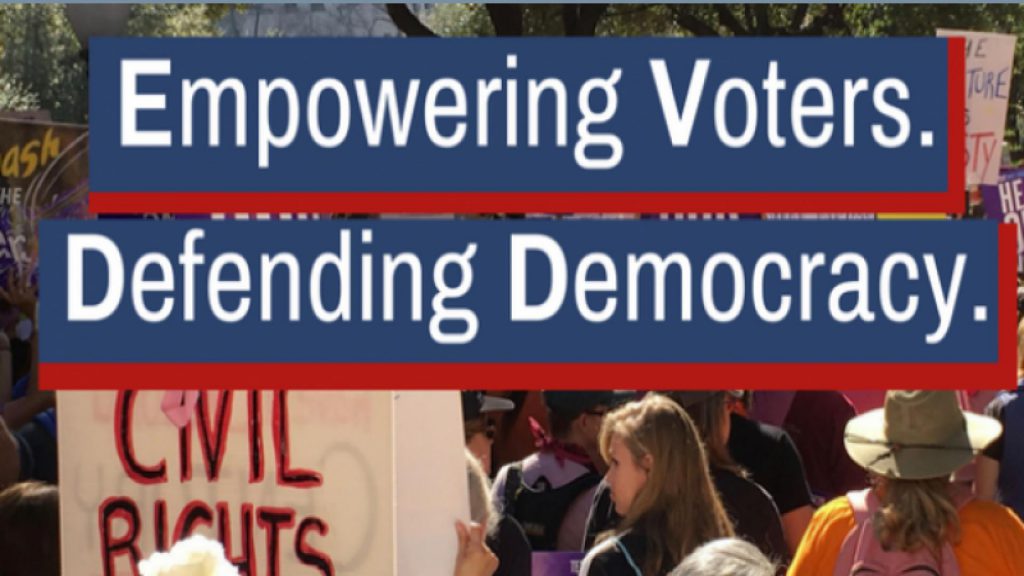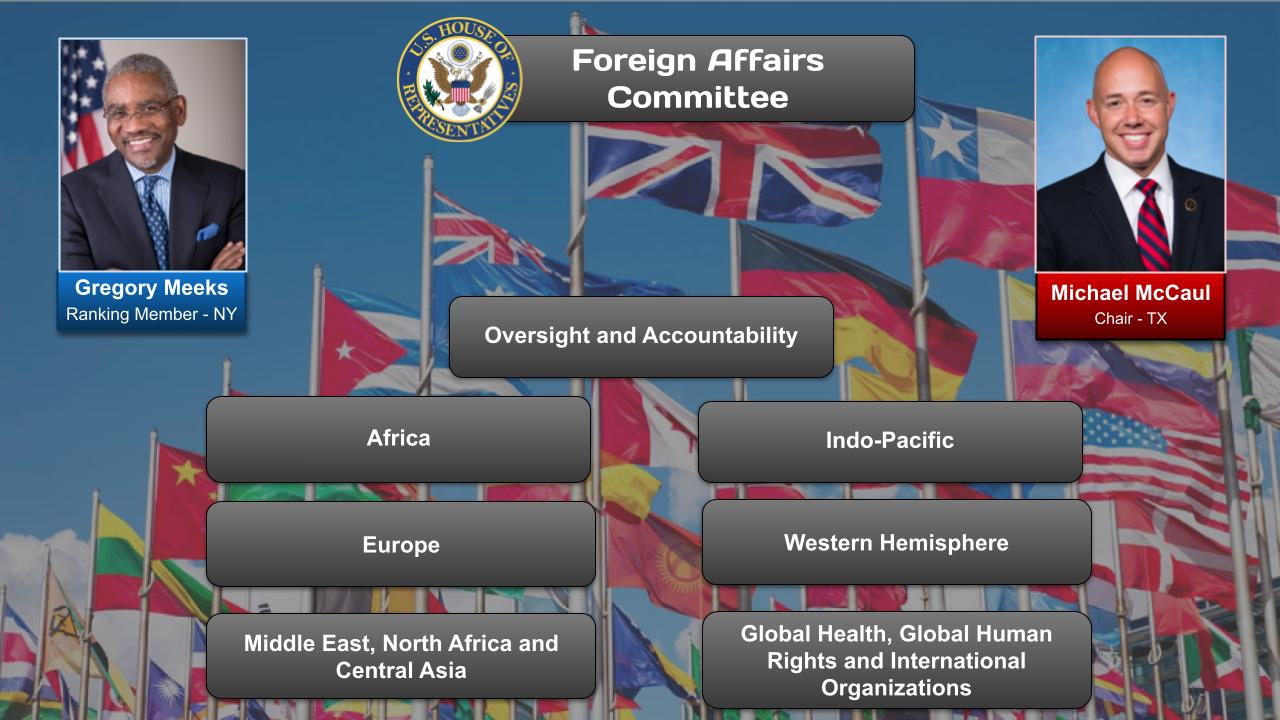If you are interested in creating a more trusted source of political information and more civil political discussions, donate to Democracy onAir, a nonpartisan 501c3 non profit.
Donations can made by any individual or foundation that wishes to support the mission of Democracy onAir. Donors can choose to support the entire organization, the US onAir Network, and/or a state Hub. Donations, at the donor’s request, can be displayed on the appropriate Hub with links to social networks and/or websites.. Anonymous donations are accepted as long as they are verified as US residents or US-based foundations with no foreign affiliations.
Democracy onAir was chartered in Virginia in 2018 and has obtained 510(c)(3) status. Checks or wire transfers are made out to Democracy onAir. All donations are tax deductible.
Questions and feedback, contact: Donate@onair.cc
OnAir Post: Donate to onAir


